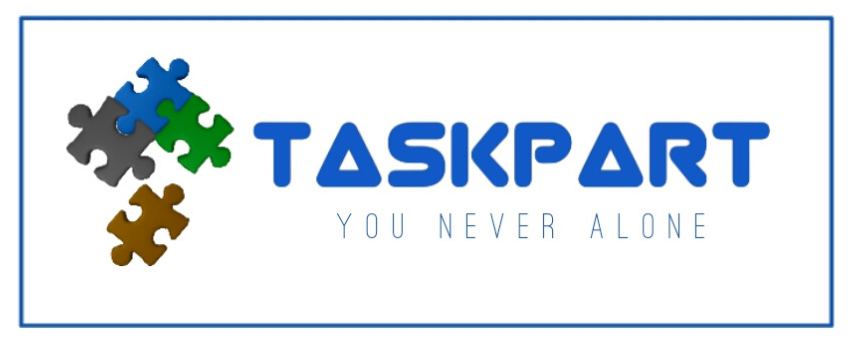If you’ve prepared for interviews in the past, you know that preparation is key. It’s crucial to practice answering questions and tailoring your responses. One effective way to get ready for an upcoming interview is through a mock interview. By simulating the actual interview experience, you can rehearse your answers and refine how you respond to questions in a realistic setting. Mock interviews offer valuable practice, as they closely replicate the recruitment process and environment, helping you build confidence and improve your performance in a real interview.
Benefits of a Mock Interview
There are many advantages to participating in mock interviews, including:
- Safe Practice Environment: Rehearse your interview skills in a low-pressure, supportive setting.
- Constructive Feedback: Receive feedback on your strengths and areas for improvement.
- Identifying Gaps: Discover any skills or answers that need refining.
- Expert Insight: Get valuable input from experienced interviewers.
- Confidence Boost: Build self-assurance and reduce stress before the actual interview.
- Structured Preparation: Learn and apply interview frameworks, such as the STAR method, used in different stages of the hiring process.
How to Prepare for a Mock Interview
To get the most out of a mock interview, ensure you have a professional setting and approach it as though it were the real thing.
- Focus on a Specific Role: Choose a real job you’re applying for and share details with your mock interviewer. This helps them tailor questions to the role and company, making the session more relevant.
- Update Your CV: Ensure your resume is up to date and provide it to the interviewer so they can evaluate your qualifications relative to the position.
- Select the Right Interviewer: Ideally, choose someone with experience in conducting interviews, such as a career coach, counselor, or even a trusted colleague.
- Stay Relaxed and Open: Treat the experience as a learning opportunity. Stay calm, and be receptive to feedback on your answers, body language, and communication skills.
What to Expect During a Mock Interview
In the mock interview, you’ll be asked a series of questions relevant to the role, your experience, and qualifications. Be prepared for common interview topics like your resume, current responsibilities, skills, and salary expectations. You might also face questions about your motivation, job expectations, and future career goals.
If you find yourself struggling with a question, pause, take a deep breath, and ask for clarification if needed. After answering, you’ll have an opportunity to ask questions of your own, just like in a real interview.
After the Mock Interview
Once the mock interview is complete, be sure to request feedback. Reflecting on your performance and learning from this simulated experience will help you prepare for the real interview. Constructive feedback will help you identify areas to improve, and you’ll leave with a clearer understanding of what to expect during an actual job interview.
Types of Mock Interviews
There are two primary types of mock interviews:
- 1-on-1 Mock Interviews: Personalized sessions with an individual, usually focused on your specific needs.
- Group Mock Interviews: Simulate panel or multi-person interview settings, helping you prepare for a more complex interview process.
Mock interviews can also mimic different stages of the interview process, such as recruiter screenings, hiring manager interviews, or panel interviews, depending on the job you’re pursuing.
Maximizing Your Mock Interview Experience
To get the most from your mock interview, thoroughly prepare, remain open to feedback, and ask questions throughout the process. Treat the experience as a valuable opportunity to refine your interviewing skills and boost your confidence for future job interviews.
Practice makes perfect! Consider scheduling 3-5 mock interviews in a professional setting if you’re actively preparing for job interviews. The more you practice, the better you’ll become at answering different types of questions, handling unexpected scenarios, and speaking confidently about your experience. If you don’t have anyone in your network who can conduct mock interviews, consider hiring a professional to guide you through the process.
Don’t wait until the last minute to start practicing. If you’re planning a career change or haven’t interviewed in a while, reach out for help early. Proper preparation well in advance will significantly improve your chances of success.



